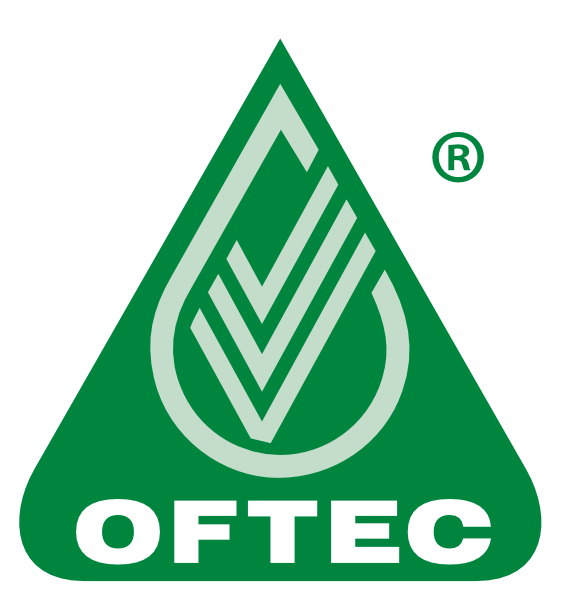Oil heating users in Northern Ireland are enjoying the lowest energy bills as the fuel remains the cheapest heating option across the board, according to new data.
The latest Sutherland Tables, which compare the average cost of heating a three bedroom home, reveals that households with an oil condensing boiler are paying £1,211 per year, 32% lower than gas condensing boilers (£1,782).
The data also outlines households with LPG condensing boilers are paying an average £2,291 per year, whilst consumers with electric storage heaters face an annual bill of £3,331. In comparison, oil is 47% and 63% cheaper respectively, making it the cheapest of all the technologies.
The Tables show the cost of heating a home with oil has also fallen by 9% over the past twelve months, with the current price below the four year average (£1,264).
Whilst all fuels experienced significant price volatility during the pandemic and Ukraine crisis, oil has returned to pre-Covid levels whilst other fuels remain higher. Competition between heating oil suppliers has meant households have been able to shop around to secure the best price.
Trade association OFTEC, which runs an accreditation scheme for off gas grid heating technicians, has welcomed the news and reminded households to regularly service their boiler with a qualified technician to further help lower running costs and fuel bills.
Responding to the findings, David Blevings, Ireland Manager at OFTEC, commented: “With oil remaining the cheapest form of heating, this is great news for consumers. The data shows this isn’t a one off but is part of a wider long term trend. With quick delivery and multiple payment options, it’s a great time for consumers on oil heating.
“It’s also important households continue to have their boiler serviced at least once a year by an OFTEC registered technician to ensure it is working correctly. Not only will this help identify and resolve issues before they become more expensive, but it will help you reap maximum benefit from the lower fuel price by ensuring the system is running safely and efficiently. Consumers receive a copy of the CD11 service form which highlights any issues with the system and tells you how efficient your boiler is”.
“We’re seeing global crude oil prices coming down, driven by international markets, and consumers are feeling the benefits. It’s important to remember though that, despite this, in the current cost of living crisis, many households are still struggling with their fuel bills. Additional support is available for low income households with more information on the OFTEC website.”
Over 500,000 homes in Northern Ireland use liquid fuels and it is the most popular form of home heating. The cost of oil in Northern Ireland is also 10% below the UK average and over 20% cheaper than for customers in the Republic of Ireland.
OFTEC, and industry partners, are continuing to call on the government to support for renewable liquid fuels, such as Hydrogenated Vegetable Oil (HVO), which are a low cost and convenient alternative to drastically cut carbon emissions. The fuel has already been successfully demonstrated in over 100 properties across the UK over a three year period.
David added: “Longer term, we are all going to have to switch to low carbon heating fuels to reduce our emissions. OFTEC and the liquid fuel industry are fully committed to reducing fossil fuel use, and the good news is that sustainable, renewable liquid fuels offer the ideal alternative. The switch is quick and easy and immediately results in a drastic reduction in emissions.
“We have met with the Department of Economy (DfE), who are responsible for energy policy, and proposed a blended approach to introducing biofuels into heating oil. Boiler manufacturers have already indicated that existing boilers will accept up to a 20% blend of biofuel with kerosene with no changes required to the existing boiler.
“In the Republic of Ireland, consumers can already purchase a 10% blend of HVO with kerosene. We are in discussions with DECC to introduce a mandatory percentage blend from 2026 through the introduction of a renewable heating obligation.”
For more information, visit www.oftec.org.uk.
Ends
